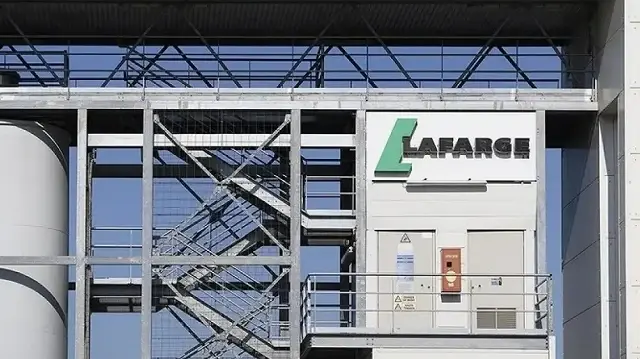Paris trial spotlights Lafarge’s alleged Daesh financing in Syria operations

A Paris court is scrutinizing accusations that French cement manufacturer Lafarge covertly funneled money to armed groups — including Daesh — to keep its Syrian factory active during the civil war. Former executives deny knowingly aiding terrorism, while documents suggest authorities were informed about the company’s contacts for years.
A high-profile terrorism financing case in France has shifted its focus to claims that Lafarge maintained covert dealings with armed factions in Syria between 2013 and 2014 to protect its business interests. The French company and eight senior figures are facing trial in Paris, charged as a corporate entity over alleged support provided to the Daesh terrorist group during the Syria conflict.
Executives questioned over secret contacts
During the latest hearing, judges pressed former Lafarge leadership on whether they approved or were aware of regular communication and payments routed through intermediaries. Ex-CEO Bruno Lafont insisted he would have halted production earlier had he known terrorist groups were receiving money, saying he only learned of such transactions after August 2014.
Claims of pressure and security concerns
According to former Lafarge Cement Syria chief Bruno Pescheux, maintaining logistics was the priority: “Payments were about enabling safe passage for employees and vehicles,” he testified, adding he lacked tools to confirm where funds ultimately ended up. Testimonies indicated that Syrian intermediary Firas Tlass met Daesh members multiple times on behalf of the company.
Evidence points to intelligence awareness
Documents previously reported by Anadolu suggest that French intelligence bodies were routinely updated on Lafarge’s dealings in Syria. Those reports claim officials failed to warn the company that its strategy — aimed at preserving operations — could constitute terrorism financing, while Daesh used Lafarge-produced cement in infrastructure such as tunnels.
Long-running investigation intensified
The judicial inquiry into Lafarge began in 2017, resulting in charges against several high-ranking executives. In late 2024, French judges ordered that Lafarge and four former managers stand trial over allegedly breaching a European Union embargo prohibiting financial relations with terrorist groups like Daesh — a case closely monitored given the company’s global reach and the ongoing impact of the Syria war.
Reklam yükleniyor...
Reklam yükleniyor...







Comments you share on our site are a valuable resource for other users. Please be respectful of different opinions and other users. Avoid using rude, aggressive, derogatory, or discriminatory language.